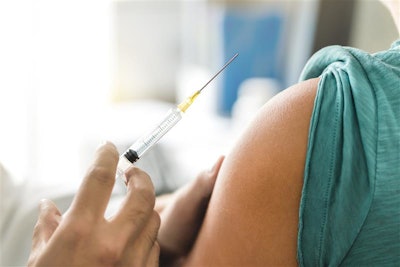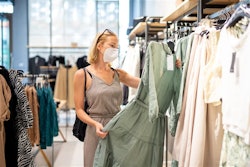
Coronavirus disease (COVID-19) vaccinations have begun distributing across the united states, but according to a survey released by NielsenIQ, 64% of respondents said they won’t take the vaccination when it’s available to them. The survey results highlight consumer hesitation toward changing spending habits as vaccinations become more widely available.
While promises of stimulus checks have helped stimulate the economy, it will only recover once consumers change their approach to shopping. According to the survey, 72% of consumers have been consciously watching how they spend because of the impact of the pandemic.
“The conversation surrounding the vaccine has been dominated by logistics: drug administration approvals, the speed of production rates, countries vying to secure enough doses to vaccinate their populations, and most recently concerns around scaling and speeding up the rollout in countries around the world,” said Scott McKenzie, Global Intelligence Leader, NielsenIQ. “Confidence levels around the vaccines and the desire to take the vaccines certainly may change as countries begin more concerted rollouts and deliver education campaigns around the vaccines. But clear signals indicate that the arrival of vaccines won’t automatically flip a switch to put the world back on its pre-COVID path.”
According to NielsenIQ:
- Health concerns remain prominent even when vaccines become available, as more than half of consumers lack confidence to dine out (58%), attend live sporting events (65%) or travel overseas (70%) even upon confirmation of the timing when they personally could receive a vaccine.
- Financial challenges still loom large, with more than half of consumers (52%) saying they won’t be confident in their personal finances when they learn the timing of getting vaccinated.












